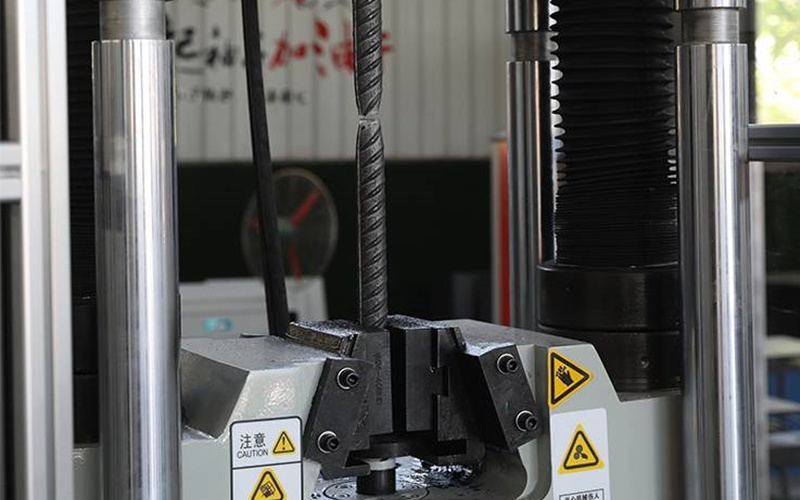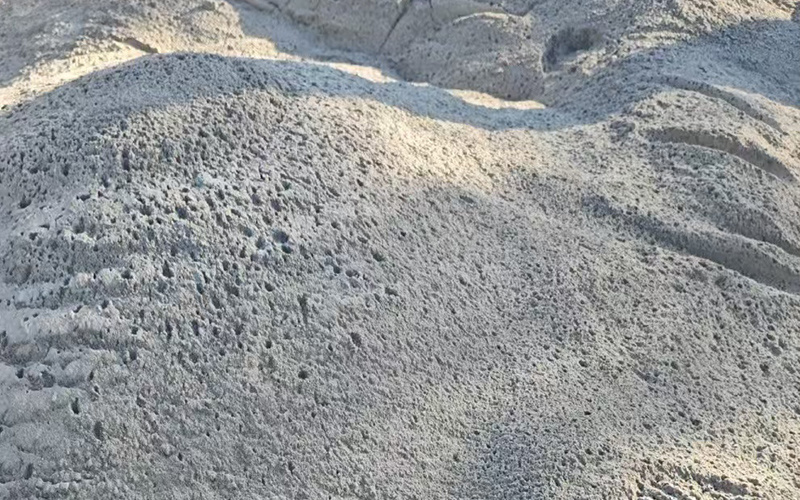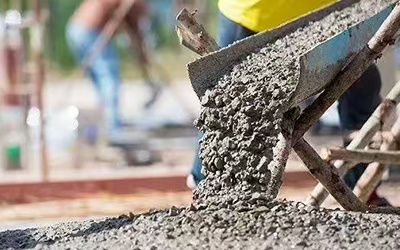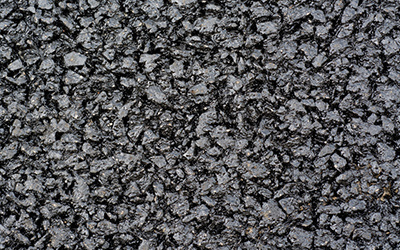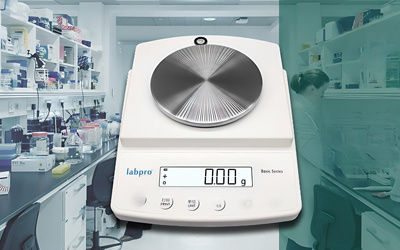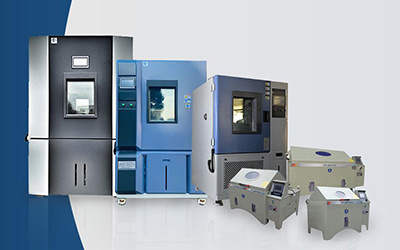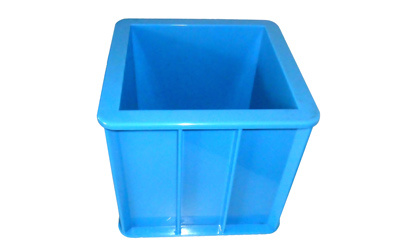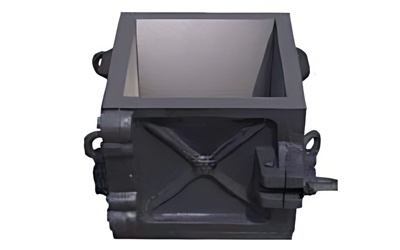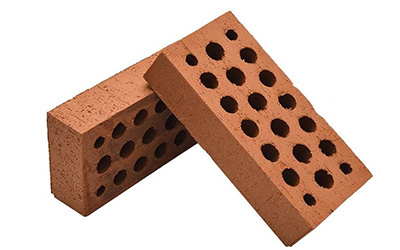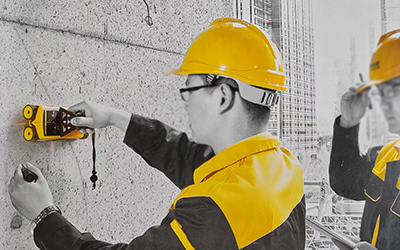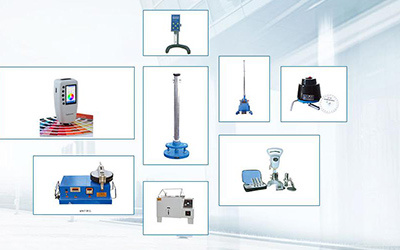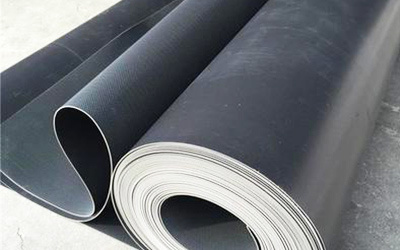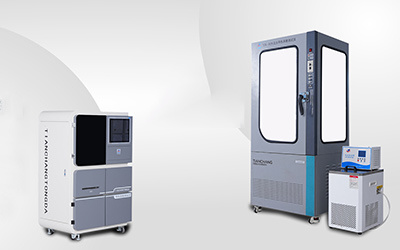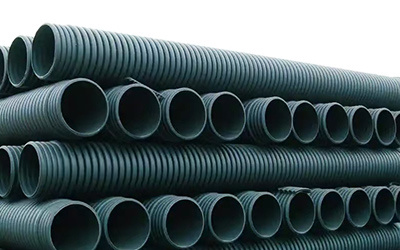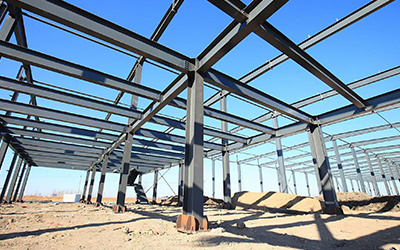Xian County, Cangzhou City, Hebei Province
The Essential Guide to Concrete Testing Equipment: Quality Assurance in Construction
2025-10-24

Introduction to Concrete Testing Equipment
When it comes to construction, the phrase "measure twice, cut once" rings especially true. Enter concrete testing equipment, the unsung hero of the construction world. Without it, builders would be sailing in uncharted waters. But what exactly is this equipment, and why is it so crucial? Buckle up—you're about to find out!
Understanding Concrete Testing
Concrete testing isn't just a box to check off on a safety list; it's about ensuring that the materials used can withstand the test of time. That's right! From strength to durability, this testing can make or break a structure. Concrete is a staple in construction, but the quality of your mix can vary wildly. This is where our trusty concrete testing equipment comes into play.
Types of Concrete Testing Equipment
So, what kinds of equipment are we talking about? Let's dive into some essential tools:
1. Slump Test Apparatus
Ever heard of the slump test? It's a quick and effective way to measure the consistency of fresh concrete. The slump cone, a simple funnel-like device, provides invaluable insight into the workability of your mix. The results can help determine if adjustments are needed to achieve that perfect pour.
2. Compression Testing Machines
Next up, we have the compression testing machine. This heavy-duty equipment crushes concrete samples to measure their compressive strength. Think of it as a strength test for your concrete—if it can withstand the pressure, you've got a winner!
3. Concrete Maturity Meters
Time is money, right? This is where concrete maturity meters come in handy. These devices help you determine when your concrete has reached optimal strength. By measuring temperature over time, they provide a reliable estimate of strength without the need for constant sampling.
The Importance of Quality Control
Now, don't let the jargon scare you off! The bottom line is that using concrete testing equipment is crucial for quality control. It helps ensure that the concrete used in construction projects meets the required standards. This isn't just about following regulations; it's about safety. A compromised structure can lead to disastrous consequences, both financially and, more importantly, in terms of human safety.
Best Practices for Using Testing Equipment
Here are a few tips to keep in mind when using concrete testing equipment:
- Always calibrate your equipment before use. A well-calibrated device is a happy device!
- Follow manufacturer guidelines. Each piece of equipment has its quirks.
- Document your findings. It's essential to keep a record for future reference and compliance.
- Train your team. Knowledge is power, and a well-informed crew can make all the difference.
Conclusion: Building with Confidence
In the ever-evolving world of construction, concrete testing equipment stands as a pillar of quality assurance. Whether you're a seasoned contractor or a weekend DIY warrior, investing in reliable testing equipment is a no-brainer. Not only does it save you time and money, but it also instills confidence in your work. So next time you're mixing up that concrete, remember: quality testing isn't just a step; it's the foundation of success!
Key words:
Contact Us
Telephone:
WeChat:
WhatsApp:
Address:
Hejie Town, Xian County, Cangzhou City, Hebei Province


